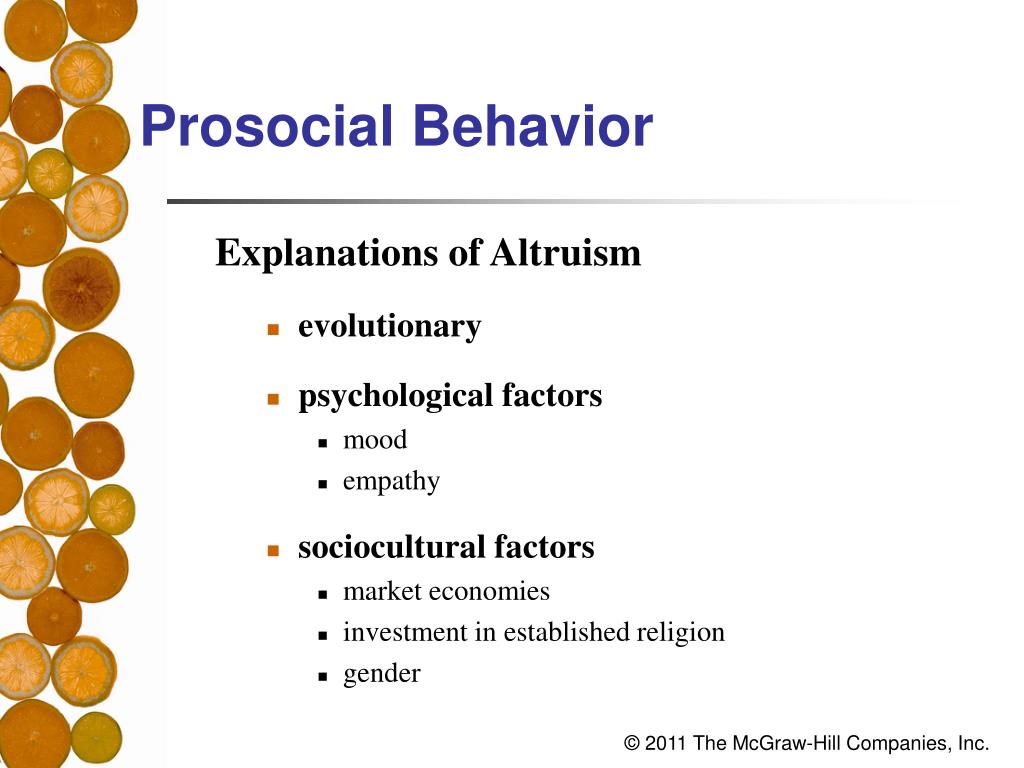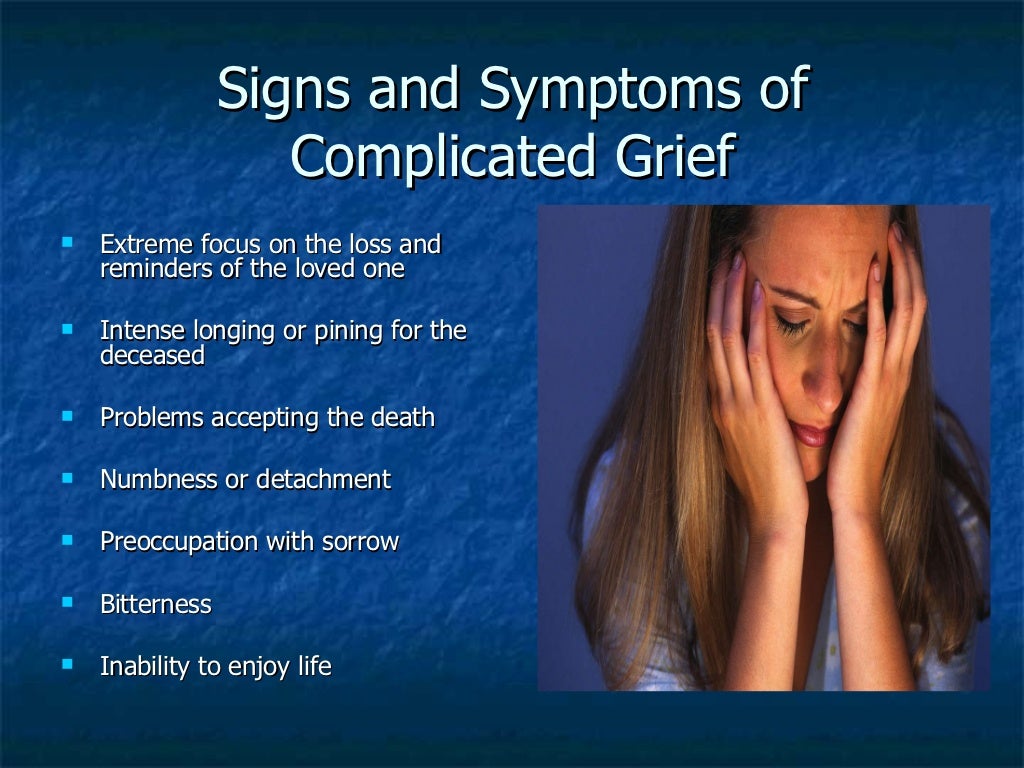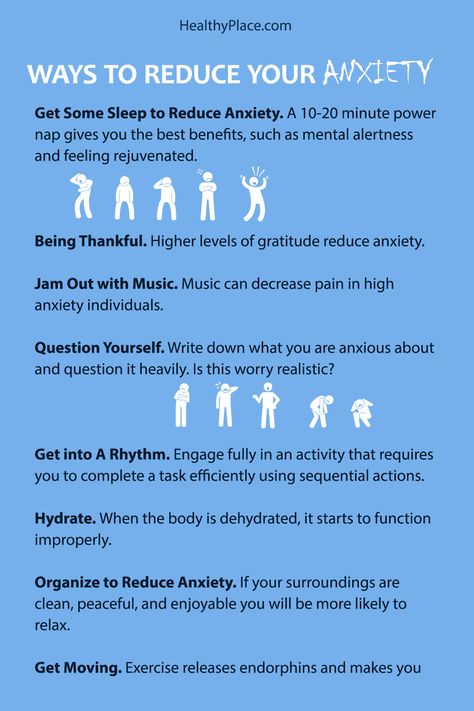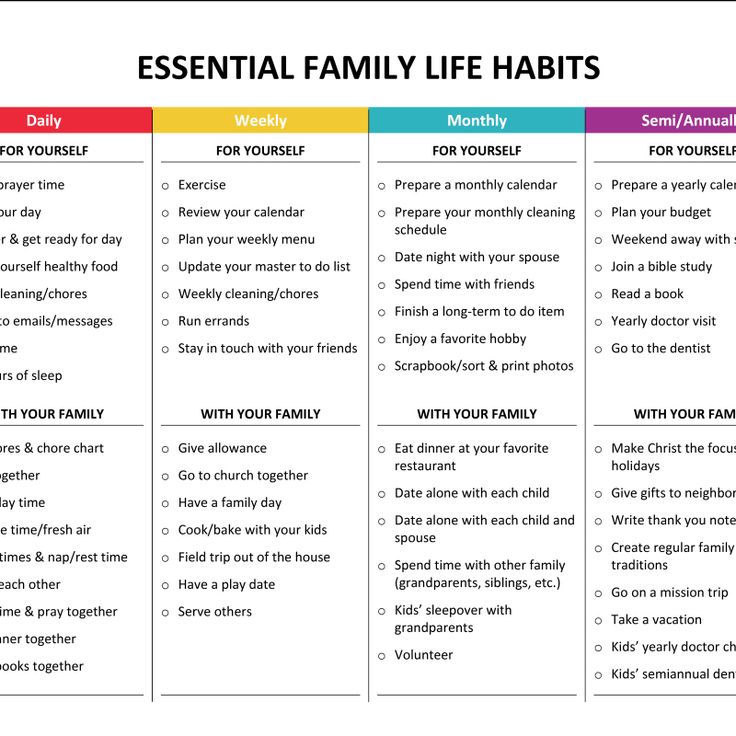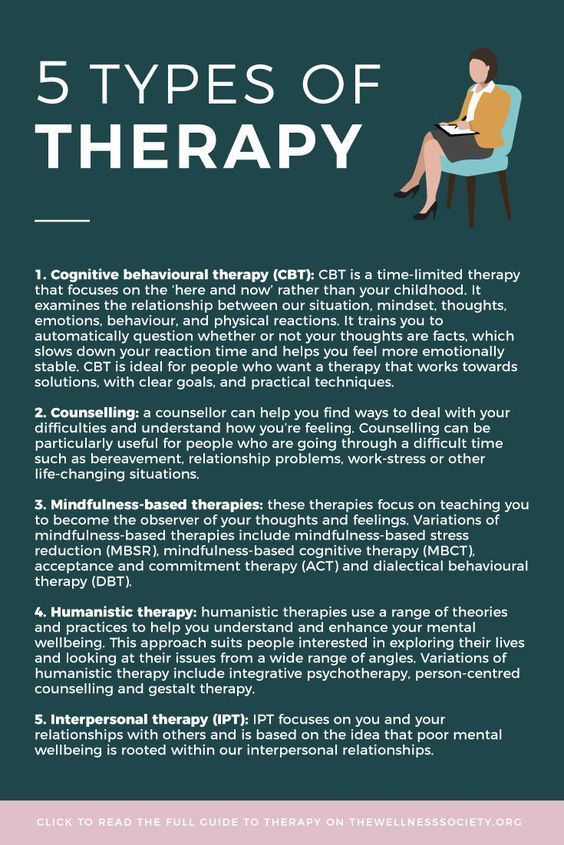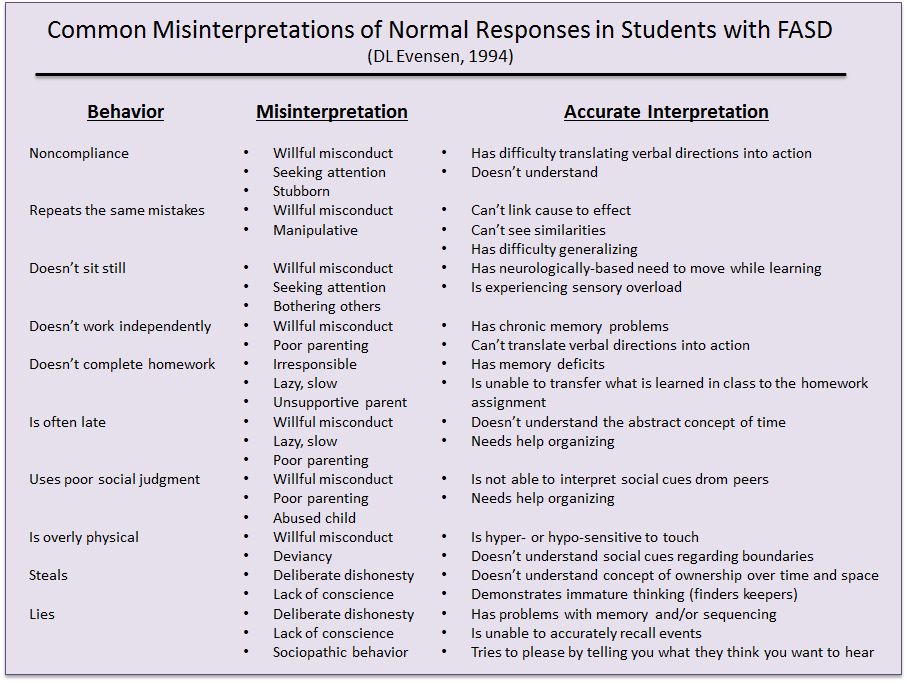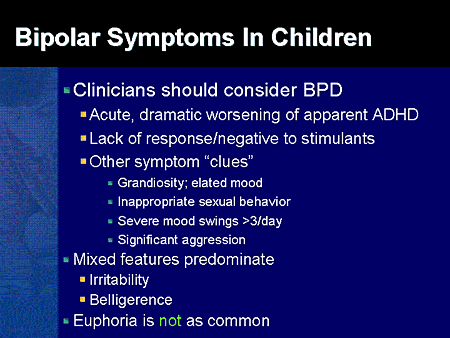Prosocial behavior children
Prosocial Behavior in Children
| Examples | 6 Types of Prosocial Behavior | Benefits of Prosocial Behavior | How prosocial behavior develops | How to teach kids prosocial behavior |
What is Prosocial Behavior
Prosocial behavior is any voluntary actions that benefits other people regardless of whether it is costly to the actor themselves. Such behaviors include activities such as empathy, altruism, sharing, cooperation, self-sacrifice, and helpfulness1.
Prosocial Behavior Examples
The following are examples of prosocial behavior in children:
- Sharing candies
- Smiling and saying “hello”
- Saying “thank you” when offered a gift
- Helping to set plates on the dinner table
- Consoling a crying child
- Picking up a toy dropped by others
- Including another child in a group game
- Volunteering to help the teacher hand out paper
- Showing feelings of concern for others
- Defending a little child when he is picked on by older kids
6 Types of prosocial behavior
Prosocial behavior consists of a wide range of actions that generally fall into six types:
- Altruism
- Compliance
- Emotion
- Dire
- Public
- Anonymity
Altruistic
Altruistic behavior involves voluntary behavior motivated by concern for people’s needs instead of personal benefit, even at one’s own expense. Sympathy and internalized principles of helping others often induce random acts of kindness that is altruistic2.
Compliant
Compliance is also a form of prosocial behavior. Compliant behavior involves helping others when they ask for help. Compared to spontaneous helping, compliant helping and cooperative behaviors are more common among young children3.
Emotional
People tend to exhibit emotional behaviors when they help others in emotionally evocative situations. Such social situation is highly emotionally charged. People who provide help in highly emotional situations tend to have sympathy responses and other-oriented traits (such as empathy and higher levels of moral cognitions)4.
Dire
Dire behavior is helping in a crisis or emergency. Emotionally charged circumstances can also accompany this type of behavior. These people often help those who are in a real crisis or need5.
Public
Public behavior refers to performing helpful acts in front of others. People who help others publicly are not afraid to be watched6.
People who help others publicly are not afraid to be watched6.
Anonymous
Anonymous behavior involves helping others without being recognized. Those who receive help do not know who has helped them7.
Benefits of Prosocial Behavior
Children’s prosocial acts are associated with many positive outcomes.
Prosocial children often feel higher self-worth and self-esteem. They are more likely to perceive life as having meaning8.
These children tend to have lower levels of externalizing behavior. They show fewer internalizing symptoms or mental health issues such as borderline personality features in girls 9.
Relational bullying is less common for them, and they do not feel as lonely when it occurs10.
On the other hand, a lack of prosocial behavior or display of antisocial behavior is associated with childhood conduct disorder, academic failure, and peer rejection.
In turn, these failures lead to an increased risk for depression and involvement with deviant peers11.
How prosocial behavior develops
All babies are self-centered at birth.
In spite of this, prosocial development begins in early childhood.
Even at a young age, a parent’s responsiveness enables the child to learn to respond to the distress of others with empathy12.
Prosocial actions replace self-centered behavior as babies develop the ability to distinguish themselves from others and empathize with them.
By six months, prosocial tendencies in babies emerge. They cry when they hear other babies cry.
As children develop a sense of person permanence, perspective-taking, and personal identity, they begin to comfort peers and adults who appear upset. Children as young as two can display empathic concern for others13.
How to teach kids prosocial behavior
Developmental psychologists believe that effective internalization of values that produce positive behavior involves two steps:
- Children’s accurate understanding of parents’ expectations.

- Children’s accepting that expectation.
Parents are usually very good at the first step. They give clear instructions and consistent expressions of what they expect in a way that a child understands.
The second step, accepting that expectation, is more challenging.
Here are what parents can do to help their children accept the expectation, internalize values, and put these values into action.
Warm, nurturing, responsive parenting
Both biology and socialization play an important role in prosocial skills development.
Growing up, children’s socialization environment encourages them to adopt a caring attitude that comes from within based on moral development and internalized values14.
Empirical studies show that warm, nurturing, and responsive parents who show unconditional love and acceptance tend to have children who act prosocially.
Children with responsive parents are more likely to develop a secure attachment and accept their parents’ expectations. Positive relationships with their parents help them internalize their parents’ values15.
Positive relationships with their parents help them internalize their parents’ values15.
Parents who are sensitive and responsive model how to show concern for others. Their children tend to develop empathy and show more concern for others16.
In contrast, authoritarian parents who use harsh punishment and power assertion to maintain strict control over their children tend to have children who display antisocial behavior. These parents model a lack of concern for others. This parenting style generates hostility, causing the rejection of the parent’s socialization efforts17.
Inductive discipline
Using reasoning to discipline avoids the hostility and oppositional behavior that strong punitive discipline provokes.
Children are more likely to accept prosocial expectations when they are taught the reasons behind them. p
Children who realize their actions have an impact on others and develop empathy for those around them are more likely to engage in proactive prosocial actions18.
Modeling
Parental modeling of prosocial behavior can inspire children to emulate it19.
Research findings show that children who do volunteer work are likely to have parents who also volunteer20. The children of empathic parents tend to be empathic themselves21.
Labeling and attributing
Labeling a child’s prosocial behavior is attributing it to their inner qualities and reinforcing the effects of prosocial behavior. When children find explanations for good behavior in themselves rather than the external pressure, they are more likely to exhibit more such behavior.
“It was very kind of you to help that little girl when she fell.”
“You were so generous in sharing your snack.”
Children in middle childhood (aged 7–8) benefit most from this method22.
Teach perspective taking
Previous studies have shown the relations between perspective taking and prosocial behavior.
Perspective-taking is a cognitive process that involves understanding that other people think, perceive, and feel differently from themselves.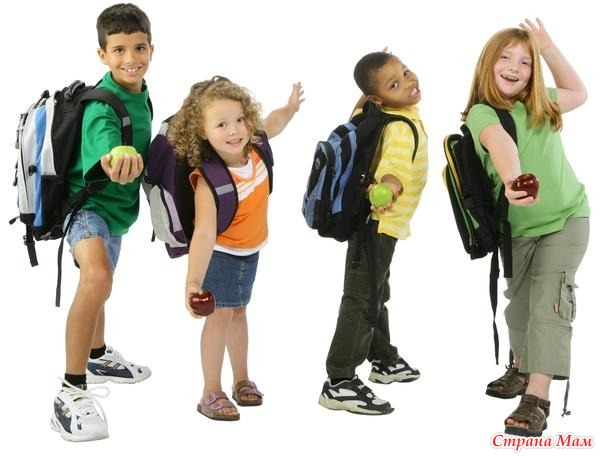
Being able to take on others’ viewpoints is an important milestone in cognitive development23.
Children who are encouraged to consider another person’s perspective develop cognitive empathy leading to prosocial moral reasoning and moral behavior.
Encourage, not force, helping around the house
Everyday life provides children with many opportunities to internalize values.
Involving children in natural activities is a great way to develop strong habits that do not feel coerced or forced.
Those who are routinely doing chores to help other family members voluntarily demonstrate more prosocial behavior and concern for others24 than those who only assist when they are asked or paid to do so.
Encourage your child to take on household chores as personal responsibility and a way to contribute to your family’s well-being in daily life.
Engage children and make them feel included
Practicing prosocial behaviors relies on the belief that you are part of a community in which people help one another, support one another, and love one another.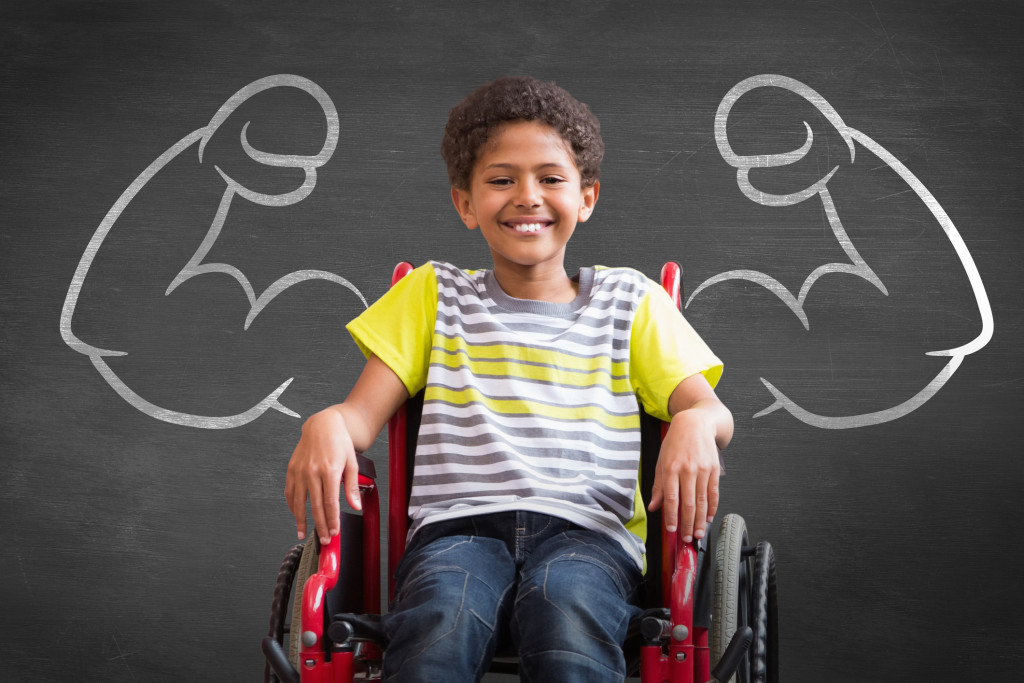
People who feel excluded are less likely to engage in proactive behaviors.
Give children a sense of belonging by creating a sense of community within the family. Include them in family decision-making and help them feel included25.
References
-
1.
Grusec JE, Davidov M, Lundell L. Prosocial and helping behavior. In: Blackwell Handbook of Childhood Social Development. Blackwell Publishing; 2002:457–474.
-
2.
Holmgren RA, Eisenberg N, Fabes RA. The Relations of Children’s Situational Empathy-related Emotions to Dispositional Prosocial Behaviour. International Journal of Behavioral Development. Published online March 1998:169-193. doi:10.1080/016502598384568
-
3.
Eisenberg-Berg N, Cameron E, Tryon K, Dodez R. Socialization of prosocial behavior in the preschool classroom.
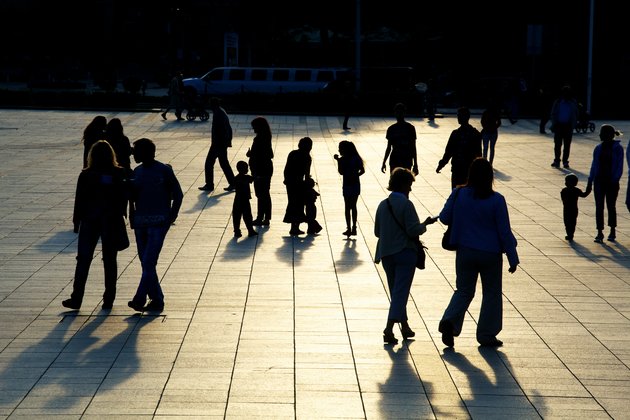 Developmental Psychology. Published online November 1981:773-782. doi:10.1037/0012-1649.17.6.773
Developmental Psychology. Published online November 1981:773-782. doi:10.1037/0012-1649.17.6.773 -
4.
Bryant BK. An Index of Empathy for Children and Adolescents. Child Development. Published online April 1982:413. doi:10.2307/1128984
-
5.
Carlo G, Randall BA. The Development of a Measure of Prosocial Behaviors for Late Adolescents. Journal of Youth and Adolescence. Published online February 2002:31-44. doi:10.1023/a:1014033032440
-
6.
Kraus MW, Callaghan B. Social Class and Prosocial Behavior. Social Psychological and Personality Science. Published online July 19, 2016:769-777. doi:10.1177/1948550616659120
-
7.
Calderón-Tena CO, Knight GP, Carlo G. The socialization of prosocial behavioral tendencies among Mexican American adolescents: The role of familism values. Cultural Diversity and Ethnic Minority Psychology. Published online 2011:98-106. doi:10.1037/a0021825
-
8.
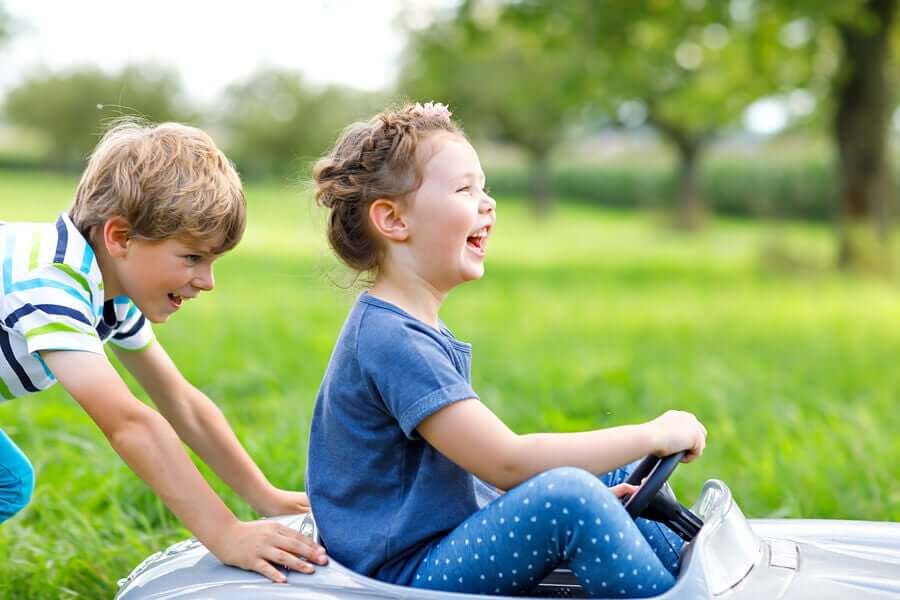
Klein N. Prosocial behavior increases perceptions of meaning in life. The Journal of Positive Psychology. Published online July 18, 2016:354-361. doi:10.1080/17439760.2016.1209541
-
9.
Flynn E, Ehrenreich SE, Beron KJ, Underwood MK. Prosocial Behavior: Long-term Trajectories and Psychosocial Outcomes. Social Development. Published online November 10, 2014:462-482. doi:10.1111/sode.12100
-
10.
Griese ER, Buhs ES. Prosocial Behavior as a Protective Factor for Children’s Peer Victimization. J Youth Adolescence. Published online October 23, 2013:1052-1065. doi:10.1007/s10964-013-0046-y
-
11.
Patterson GR, DeBaryshe BD, Ramsey E. A developmental perspective on antisocial behavior. American Psychologist. Published online 1989:329-335. doi:10.1037/0003-066x.44.2.329
-
12.
Knafo A, Zahn-Waxler C, Van Hulle C, Robinson JL, Rhee SH. The developmental origins of a disposition toward empathy: Genetic and environmental contributions.
 Emotion. Published online 2008:737-752. doi:10.1037/a0014179
Emotion. Published online 2008:737-752. doi:10.1037/a0014179 -
13.
Howes C, Farver J. Toddlers’ responses to the distress of their peers. Journal of Applied Developmental Psychology. Published online October 1987:441-452. doi:10.1016/0193-3973(87)90032-3
-
14.
Grusec JE, Goodnow JJ. Impact of parental discipline methods on the child’s internalization of values: A reconceptualization of current points of view. Developmental Psychology. Published online January 1994:4-19. doi:10.1037/0012-1649.30.1.4
-
15.
Niemiec CP, Ryan RM. Autonomy, competence, and relatedness in the classroom. Theory and Research in Education. Published online June 25, 2009:133-144. doi:10.1177/1477878509104318
-
16.
Kestenbaum R, Farber EA, Sroufe LA. Individual differences in empathy among preschoolers: Relation to attachment history. New Directions for Child and Adolescent Development. Published online 1989:51-64.
 doi:10.1002/cd.23219894405
doi:10.1002/cd.23219894405 -
17.
Hastings PD (Paul D, Rubin KH, DeRose L. Links Among Gender, Inhibition, and Parental Socialization in the Development of Prosocial Behavior. Merrill-Palmer Quarterly. Published online 2005:467-493. doi:10.1353/mpq.2005.0023
-
18.
Krevans J, Gibbs JC. Parents’ Use of Inductive Discipline: Relations to Children’s Empathy and Prosocial Behavior. Child Development. Published online December 1996:3263. doi:10.2307/1131778
-
19.
Grusec JE, Lytton H. Socialization and the Family. Social Development. Published online 1988:161-212. doi:10.1007/978-1-4612-3768-6_5
-
20.
McLellan JA, Youniss J. Two Systems of Youth Service: Determinants of Voluntary and Required Youth Community Service. Journal of Youth and Adolescence. Published online February 2003:47-58. doi:10.1023/a:1021032407300
-
21.
Trommsdorff G. Child-Rearing and Children’s Empathy.
 Percept Mot Skills. Published online April 1991:387-390. doi:10.2466/pms.1991.72.2.387
Percept Mot Skills. Published online April 1991:387-390. doi:10.2466/pms.1991.72.2.387 -
22.
Grusec JE, Redler E. Attribution, reinforcement, and altruism: A developmental analysis. Developmental Psychology. Published online September 1980:525-534. doi:10.1037/0012-1649.16.5.525
-
23.
Farrant BM, Devine TAJ, Maybery MT, Fletcher J. Empathy, Perspective Taking and Prosocial Behaviour: The Importance of Parenting Practices. Inf Child Dev. Published online July 6, 2011:175-188. doi:10.1002/icd.740
-
24.
Grusec JE. Parenting socialization and children’s acquisition of values. In: Handbook of Parenting: Practical Issues in Parenting. Lawrence Erlbaum Associates Publishers; 2002:143–167.
-
25.
Twenge JM, Baumeister RF, DeWall CN, Ciarocco NJ, Bartels JM. Social exclusion decreases prosocial behavior. Journal of Personality and Social Psychology. Published online January 2007:56-66.
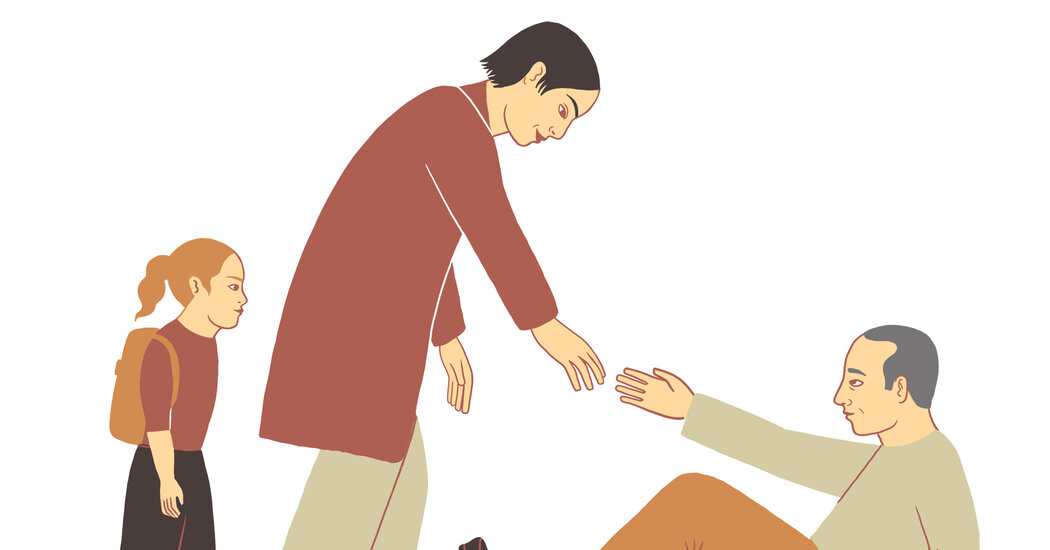 doi:10.1037/0022-3514.92.1.56
doi:10.1037/0022-3514.92.1.56
About Pamela Li
Pamela Li is a bestselling author. She is the Founder and Editor-in-Chief of Parenting For Brain. Her educational background is in Electrical Engineering (MS, Stanford University) and Business Management (MBA, Harvard University). Learn more
View all posts by Pamela Li | Website
Page not found - Parenting For Brain
We didn't find the posts for that URL.
Latest Posts
| Types of Emotionally Abusive Parents | Causes | Effects | How To Deal With Emotionally Abusive Parents As A Child | How to Deal with Emotionally Abusive Parents As An Adult | What Is Emotional Abuse? Parental emotional abuse can take many forms, including verbally abusing, terrorizing, exploiting, isolating, rejecting, neglecting, and parentifying1. It …
Read More about 7 Types Of Emotionally Abusive Parents and Their Effects On Children
| What is Parental Burnout? | Parental Burnout During Pandemic | Symptoms | Impacts | Causes | How to Recover From Parental Burnout | Raising children can be a wonderful and rewarding experience, but parenting is one of the most demanding and taxing jobs.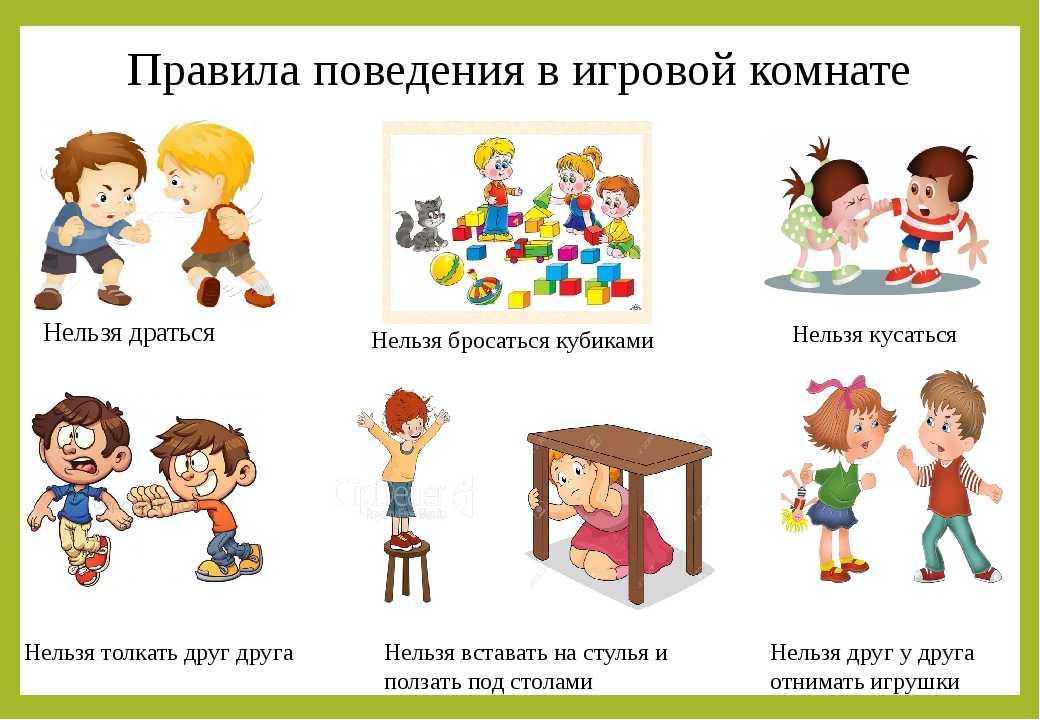 It requires continuous effort, attention, and thoughtfulness. Having a child can …
It requires continuous effort, attention, and thoughtfulness. Having a child can …
Read More about Parental Burnout: What It Is, How To Spot Signs, and How Parents Can Cope
| Mindfulness and Meditation | Benefits of Mindfulness in Mindful Parenting | How To Practice Mindful Parenting | What Is Mindful Parenting Mindful parenting is to apply mindfulness to parenting by paying attention to the child and parenting intentionally, presently, and non-judgmentally1. Mindfulness is about being here and now, in the moment. It’s about not …
Read More about 7 Benefits Of Mindful Parenting And How To Practice It
| What Is Not Parental Alienation | Parental Alienation vs. Parental Alienation Syndrome | Signs of Parental Alienation | Impacts On Adult Children Of Parental Alienation | What Is Parental Alienation? Parental alienation is the act of one parent attempting to turn the child or children against the other parent through manipulation, criticism, or other …
Read More about 17 Signs Of Parental Alienation & Effects On Adult Children
| Classical Conditioning | Unconditioned Response vs.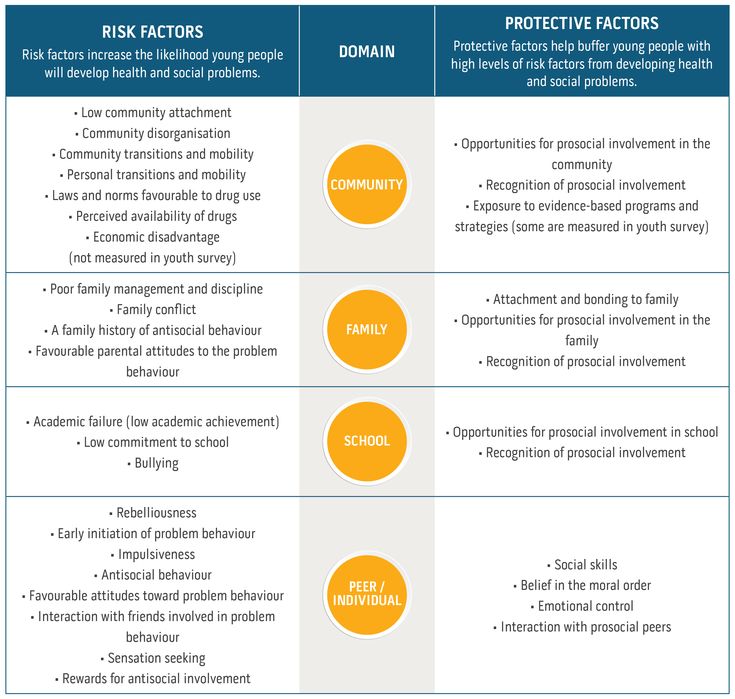 Conditioned Response | Unconditioned Response Examples | What Is Unconditioned Response? In the classical conditioning paradigm, an unconditioned response (UCR) is a natural, automatic response to a stimulus that does not require prior learning. Unconditioned responses are reflexive responses that occur involuntarily. These natural reactions can be emotional …
Conditioned Response | Unconditioned Response Examples | What Is Unconditioned Response? In the classical conditioning paradigm, an unconditioned response (UCR) is a natural, automatic response to a stimulus that does not require prior learning. Unconditioned responses are reflexive responses that occur involuntarily. These natural reactions can be emotional …
Read More about 30 Examples of Unconditioned Response in Classical Conditioning
| What is Laissez Faire Parenting | Impacts | How to Stop Laissez Faire Parenting | Laissez-faire is a French term meaning “leave alone.” It is an economic philosophy that advocates for an unregulated free market. The idea is that the best way to promote economic growth and development is to allow people and businesses …
Read More about 5 Negative Impacts Of Laissez-Faire Parenting & How To Overcome
| Inconsistent Parenting Examples | Effects of Inconsistent Parenting | Causes | How To Prevent Inconsistent Parenting | What Is Inconsistent Parenting? Inconsistent parenting is the use of different discipline practices across time or between parents1.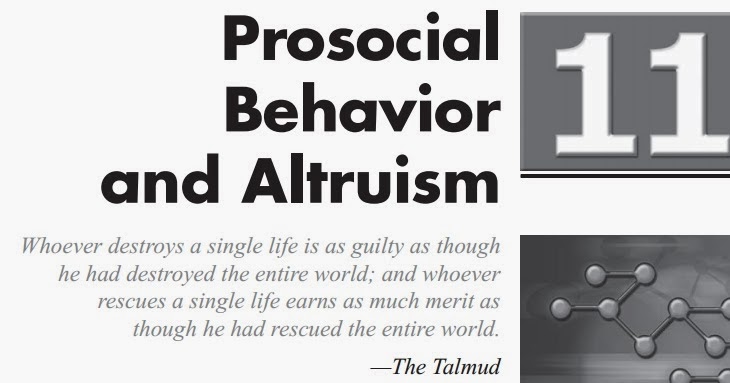 It can happen when rules and expectations for behavior in children are unclear or inconsistently enforced. It may also …
It can happen when rules and expectations for behavior in children are unclear or inconsistently enforced. It may also …
Read More about 5 Types of Inconsistent Parenting and How To Prevent It
| What is a Narcissistic Mother | Things Narcissistic Mothers Say | Having to deal with a narcissistic mother is more than just dealing with her demanding and controlling behavior. They often say hurtful things that undermine your self-esteem. Growing up with a narcissistic parent can be a nightmare. Mothers who are narcissistic are not …
Read More about 50+ Things Narcissistic Mothers Say and Why They Say Them
| What is Psychological Flexibility | Why Is Psychological Flexibility Important | How Flexibility Makes Parenting Easier | How to Help Children Improve Their Psychological Flexibility | Parenting is inherently hard. Being fully responsible for another human being is not an easy task. But sometimes, parents make it harder than it needs to be. Parenting …
Read More about How Psychological Flexibility Makes Parenting Easier
| Risk Factors That Cause Parents To Abuse | Effects Of Abuse (Statistics) | Protective Factors | How To Break The Cycle | What Is Child Abuse? Abuse from parents can take many forms. There are times when it is obvious and other times when it is difficult to detect. The five types of abuse …
Read More about Why Abusive Parents Maltreat and How To Break The Cycle Of Abuse
Article "Pedagogical conditions for the development of prosocial behavior in children of the fourth year of life" | Article (younger group) on the topic:
Pedagogical conditions for the development of prosocial behavior in children of the fourth year of life
Ekaterina Prokopyevna Ohremchuk
Educator of MKDOU No. 12 "Sunshine"
Shelekhov
The attitude to other people is the main fabric of human life and is the center of the spiritual and moral formation of the individual, which largely determines its moral value.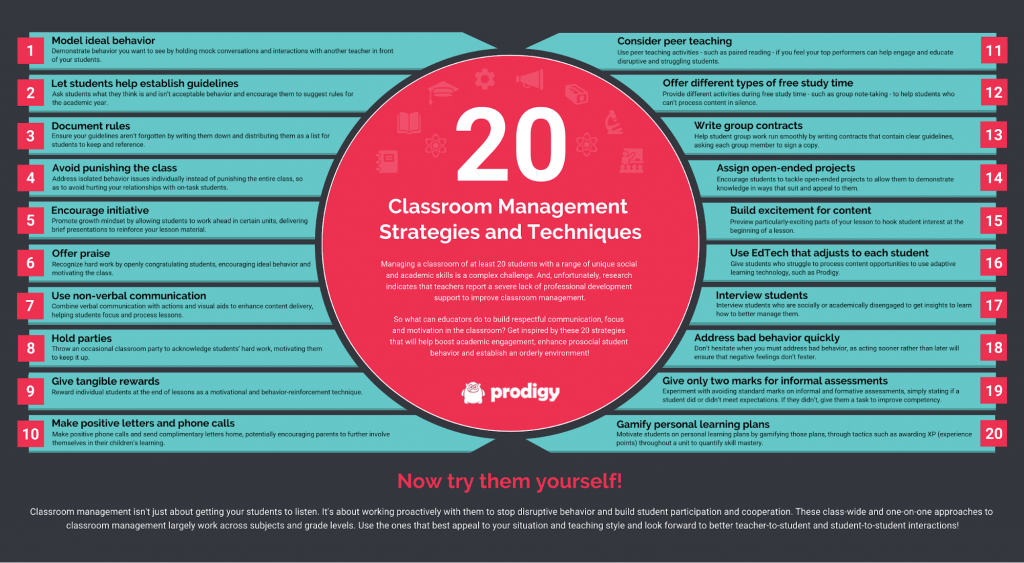 It is these relationships that give rise to the most powerful experiences and actions. nine0003
It is these relationships that give rise to the most powerful experiences and actions. nine0003
Since in our time society requires the education of a socialized child: independent, owning the rules of interaction and the morality of the society in which he lives, the problem of the formation and development of prosocial relations of preschool children, and, in particular, children of the fourth year of life, today is relevant, since relationships with other people are born and develop most intensively at this age. In the same period, the foundations of the personality of the baby are laid, therefore, increased requirements are placed on the skill, personality, level of spiritual development of the teacher in kindergarten. nine0003
Prosocial behavior is usually understood as any action aimed at the well-being of other people. These actions are often very diverse. Their range can extend from manifestations of kindness, charitable activities to helping a person who is in danger, in a difficult or distressed situation, and even up to his salvation at the cost of his own [1].
Representatives of behaviorism (E. Thorndike, J.B. Watson, E.C. Tolman, B.F. Skinner) consider prosocial behavior as behavior caused by negative or positive empathic reinforcement (i.e., the disappearance of an unpleasant feeling that occurs when the sight of the suffering of another person or the appearance of a pleasant feeling at the sight of the liberation of a person from this suffering). nine0003
In psychoanalysis, prosocial behavior is seen as a desire to reduce a person's inherent guilt towards another by a selfless act (S. Freud, A. Adler, C. G. Jung, C. Horney, E. Berne).
In the pedagogical dictionary, the following definition of prosocial behavior is given - this is the behavior of an individual that is focused on the benefit of social groups and is the opposite of antisocial behavior, when a person tries to harm others or commits aggressive acts [2]. nine0003
The concept of "pro-social relations" is considered from two theoretical approaches. In the first one (S.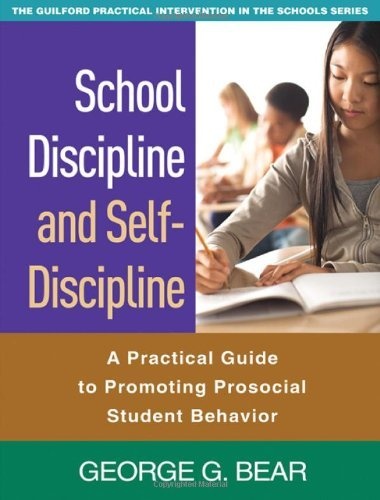 G. Yakobson, W. Damon), it is considered as a reflection of the attitude towards oneself, but not towards another, since it is directed not at a person, but at self-affirmation. In the second approach to prosocial behavior based on empathy (G.P. Lavrentyeva, T.V. Antonova, Hoffman, Feshbach, Staub), people are not a means of exercising their own moral qualities, but the direct goal of actions.
G. Yakobson, W. Damon), it is considered as a reflection of the attitude towards oneself, but not towards another, since it is directed not at a person, but at self-affirmation. In the second approach to prosocial behavior based on empathy (G.P. Lavrentyeva, T.V. Antonova, Hoffman, Feshbach, Staub), people are not a means of exercising their own moral qualities, but the direct goal of actions.
Prosocial behavior attracts special attention of researchers (V.S. Mukhina, T.A. Repina, etc.) as a form of interaction among children of primary preschool age. At preschool age, and, in particular, in children of the fourth year of life, prosocial behavior is expressed in the child's ability to help a peer, yield to him, share with him objects that are important for the child himself (toys, things, sweets). However, when studying the prosocial behavior of children of the fourth year of life, it is necessary to find out what is behind this or that act of the child's behavior, what is the motivation for this or that prosocial act. nine0003
nine0003
Since the children of the fourth year of life, according to J. Piaget and L. Kohlberg, are on a pre-moral level, they tend to judge actions more by their consequences than by people's intentions.
In contrast to the studies of J. Piaget and L. Kohlberg, the results of the study by V.M. Kholmogorova showed that already at the age of three or four, all children demonstrate correct moral judgments and assessments - they know that sharing is good, and taking everything for themselves is bad. However, in a real life situation, only a few are able to share with a peer. nine0003
Lebedev AA considers the age period from three to four years, firstly, to be immoral. The author explains his point of view by the fact that during this period the child only acquires different habits, learns to fulfill requests and instructions. Secondly, this is the pre-moral period, which is characterized by the development of sympathetic feelings in children.
In an empathy-based approach to prosocial behavior, research by G. P. Lavrentieva, T.V. Antonova and other researchers, peers for children of the fourth year of life are not a means of exercising their own moral qualities, but the direct goal of the child's actions [3]. nine0003
P. Lavrentieva, T.V. Antonova and other researchers, peers for children of the fourth year of life are not a means of exercising their own moral qualities, but the direct goal of the child's actions [3]. nine0003
The early preschool age is the best soil for the formation of prosocial behavior, since during this period the child undergoes those significant changes that can be influenced from a positive position: - the formation of the simplest moral judgments, - the assimilation of moral norms of behavior, - the manifestation of attempts to empathize with another, empathy.
To organize effective work on the formation of prosocial behavior in children of this age, it is important to study the pedagogical conditions for their development. nine0003
Obviously, the prosocial attitude towards others is based on the ability to empathize, to sympathy, which manifests itself in a variety of life situations and, therefore, in order for the child not only to understand the objective meaning of norms and requirements, but also to imbue them with an appropriate emotional attitude in order for them to become criteria for his emotional assessments of his own and other people's actions, explanations and instructions from the educator and other adults are not enough.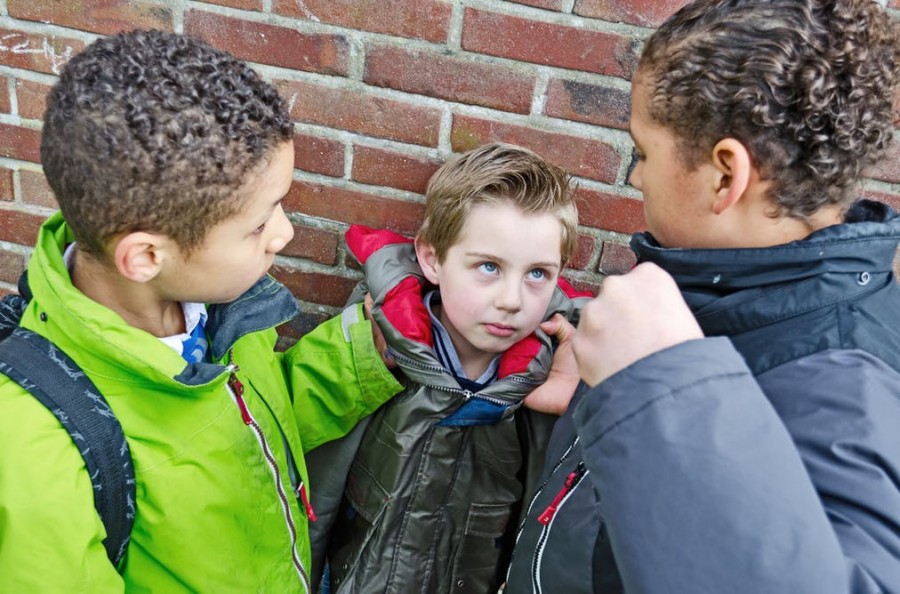 These explanations must find support in the child's own practical experience, in the experience of his activity. Moreover, the decisive role here is played by the inclusion of a preschooler in meaningful, joint activities with other children and adults. It allows him to directly experience, feel the need to comply with certain norms and rules in order to achieve important and interesting goals. nine0003
These explanations must find support in the child's own practical experience, in the experience of his activity. Moreover, the decisive role here is played by the inclusion of a preschooler in meaningful, joint activities with other children and adults. It allows him to directly experience, feel the need to comply with certain norms and rules in order to achieve important and interesting goals. nine0003
E.O. Smirnova, V.M. Kholmogorova believe that the main condition for the formation of prosocial behavior in younger preschoolers should not be the development of children's ability to reflect on their experiences and not strengthen their self-esteem, but, on the contrary, the removal of fixation on their own "I" due to the development of attention to the other, a sense of community and belonging with him [5].
Another condition for the development of prosocial behavior in younger preschoolers is the organization of joint activities - playful or productive. In such joint activities, younger preschoolers learn to coordinate their actions, cooperate, and develop prosocial communication skills.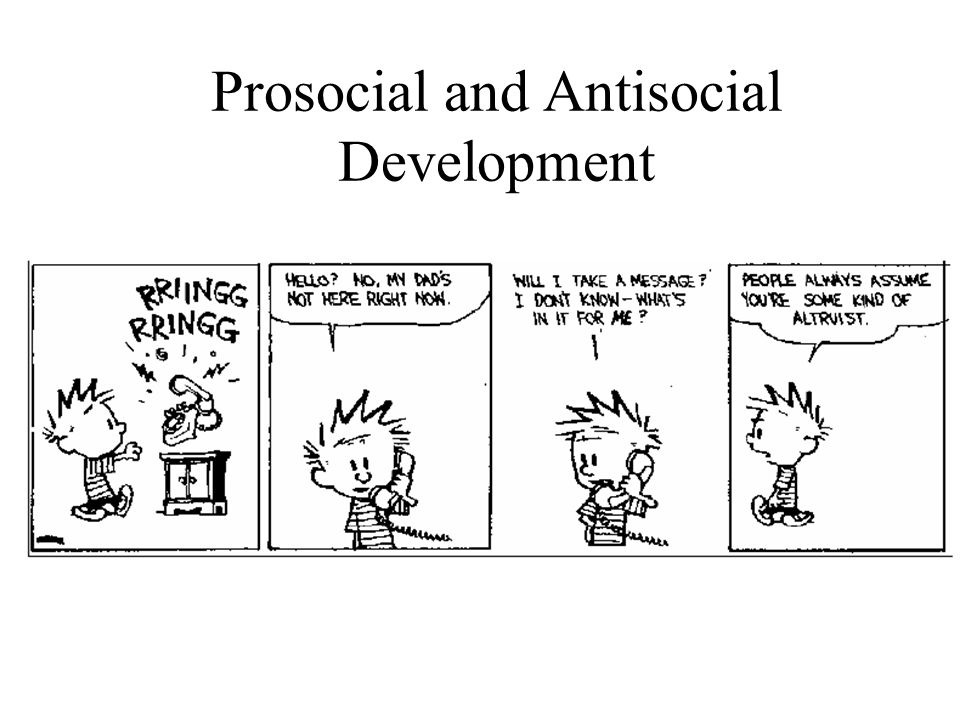 Under the influence of collective activity, as A.V. Zaporozhets, children develop the ability to "sympathize with other people, experience other people's needs and needs as their own." nine0003
Under the influence of collective activity, as A.V. Zaporozhets, children develop the ability to "sympathize with other people, experience other people's needs and needs as their own." nine0003
Staub E. identifies the following two pedagogical conditions that influence the development of prosocial behavior in younger preschoolers - this is role playing and induction. In the first case, children act out roles in order to see things from the other person's point of view. In the second case, adults communicate their thoughts about this or that behavior to children: for example, children can be told about what consequences their actions will have on others.
The effect of observational learning on prosocial behavior has been demonstrated in a number of studies, which have shown that modeling prosocial behavior is more effective when the model is perceived to be caring or has a special relationship with the child. However, it must be remembered that often the models are examples from films and television programs. nine0003
nine0003
Particular attention should be paid to the leading activity of children of this age - play activity for the formation of their prosocial relations. Preschoolers often play role-playing games that require participants to interpret and share each other's fantasies, as well as to act in an imaginary situation defined by special rules.
According to L.S. Vygotsky, it is in the role-playing game that children learn cooperation and master other prosocial skills, as well as develop the ability to think about their behavior and manage it. nine0003
A variety of dramatization game techniques, in which children seem to come closer to the characters of the work, allow not only to reveal the emotional response of each child, but also to create conditions for the formation of emotional responsiveness in him, both in relation to his peers and in relation to adults . Through games, the educator can not only reveal the content of prosocial behavior in a fun way, but also connect this content with the specific actions of the child, this makes it possible to consolidate a positive attitude towards their implementation in everyday life.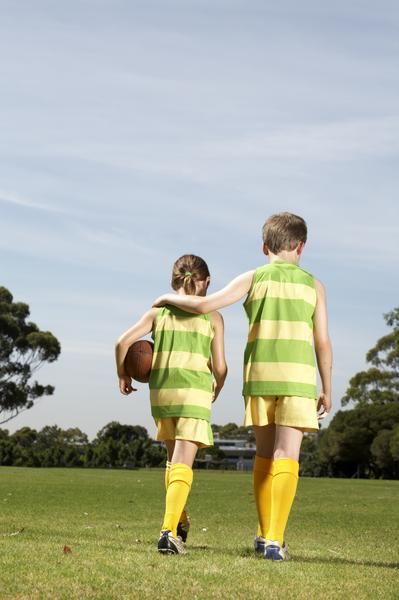 nine0003
nine0003
Thus, the prosocial behavior of children of the fourth year of life, which contains the upbringing of good feelings, positive relationships, and the simplest moral manifestations, occurs in everyday everyday activities, in play, and is associated with the formation of these activities. At the same time, the main pedagogical conditions for the development of prosocial relations in children of the fourth year of life are:
- creation of conditions for the inclusion of a younger preschooler in meaningful, joint activities with other children and adults; nine0003
- removal of fixation on one's own "I" due to the development of attention to another, a sense of community and belonging with him through the creation of a subject-developing environment that stimulates the manifestations of a prosocial attitude;
- selection of socially oriented plots of role-playing games;
- organization of learning, through the observation of prosocial forms of behavior, its modeling.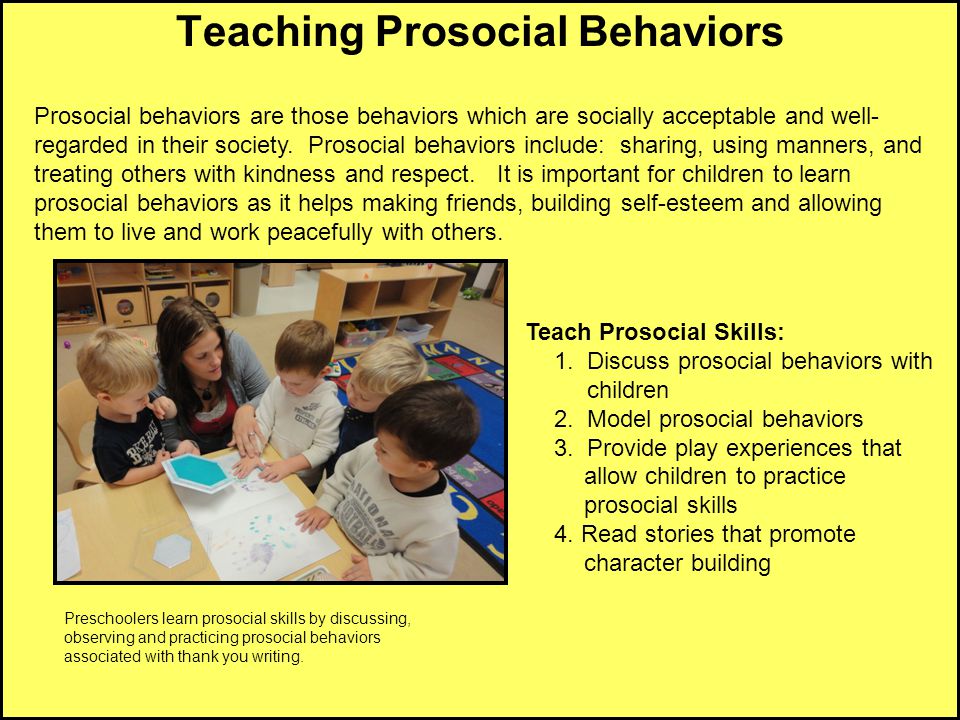
References
- Furmanov, I.A. Socio-psychological problems of behavior [Text]: A course of lectures for students of the department of psychology / I.A. Furmanov. - Minsk: BSU, 2001. - 91s.
- Polonsky, V. M. Dictionary of education and pedagogy [Text] / V. M. Polonsky - M .: Higher school, 2004. - 569 p.
- Grebennikova O.V. Psychological and pedagogical conditions for the development of voluntary behavior of preschool children [Electronic resource] // Psikhologicheskie issledovaniya: elektron. scientific magazine 2009. - No. 1(3).
- Kasatkina, Yu.V., Klyueva N.V. We teach children to communicate [Text] / Yu. V. Kasatkina, N.V. Klyuev. - Yaroslavl: Academy of Development, 1997. - 240 p.
- Interpersonal relations of a child from birth to 7 years [Text] / ed. E.O. Smirnova. – M.: Voronezh, 2000. – 235 p. nine0068
- Home
- News
- Science
- The proxocial behavior of the modern generation discussed
Conference dedicated to the socio-psychological issues .
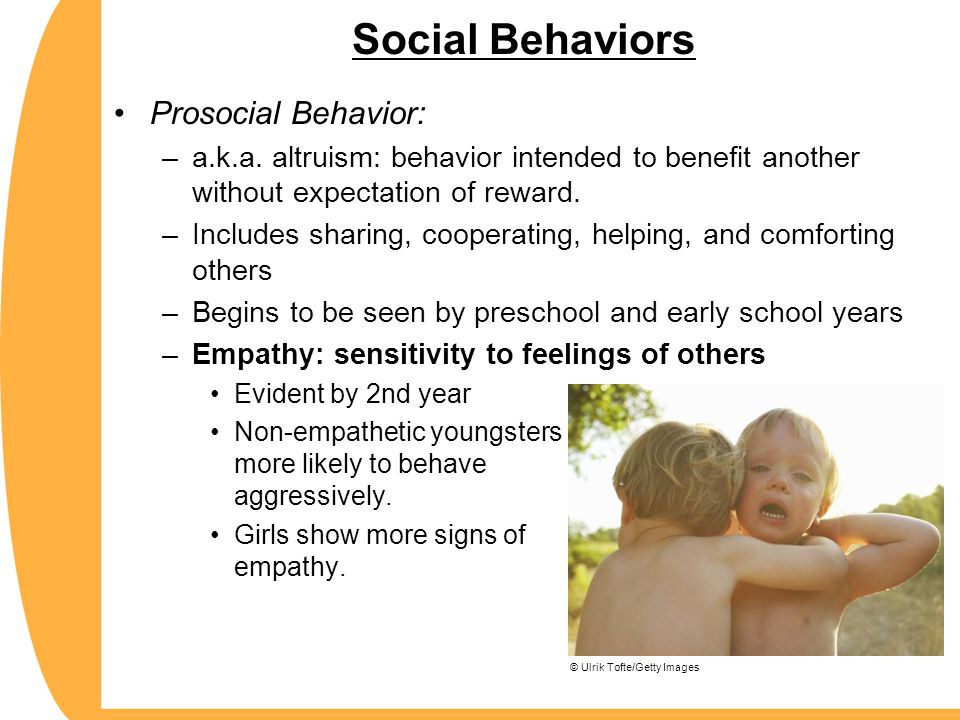 The participants considered how the role of the family affects the upbringing of children, and also analyzed the presented scientific works. nine0092
The participants considered how the role of the family affects the upbringing of children, and also analyzed the presented scientific works. nine0092 Specialists from the regions of Russia took part in the full-time format of the first conference for the conference: employees of the Psychological Center for Assistance to the DPR, employees of the Sevastopol Center for Family and Childhood Protection, as well as a representative of the Southern Federal University from the city of Rostov-on-Don. Honored guests from St. Petersburg and Moscow took part in the conference online.
“The purpose of the conference is to summarize the scientific and practical experience of those specialists who study the problems of youth from the point of view of psychology. The conference is also aimed at attracting students to scientific activities, to the study of certain problems that arise today in the youth environment", - said Associate Professor of the Department "Pedagogy and Psychology of Creative Development" Inobat Erina .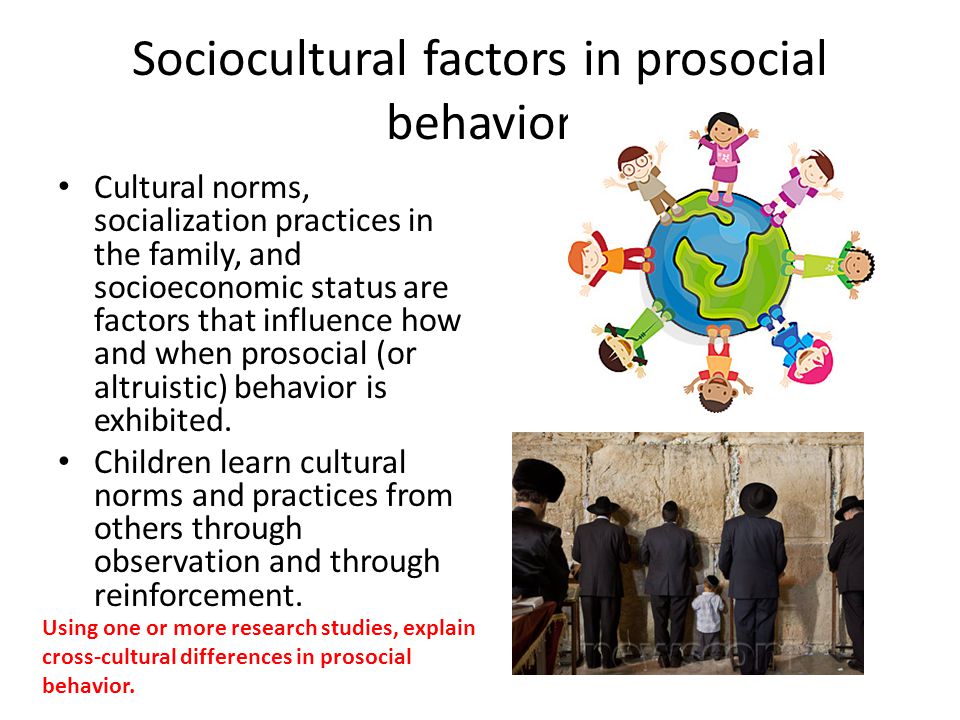
Elena Bogomolova, Deputy Director for Development of the Humanitarian Pedagogical Institute and Advisor to the Rector for Work with Educational Institutions, delivered a welcoming speech.
“The conference is of a very topical nature, because we live in a time when everything changes literally every day. About a year ago, a lot of attention was paid, especially to those guys who supported Navalny's positions. Today we see that other, global problems have appeared, and therefore we will discuss the role of the family and educational institutions, the social environment in the pro-social behavior of children and youth in the conditions of a hybrid war at the present stage", - told Elena Bogomolova .
Correctional work with children and adolescents is very important. In Sevastopol in 2014, there were only 70 children with mental disorders and there was one boarding school for children with mental retardation. Today there are more than 1,000 such children, this is due to the fact that many parents decide to carry out correctional work in Sevastopol, since there is a favorable climate and psychological environment.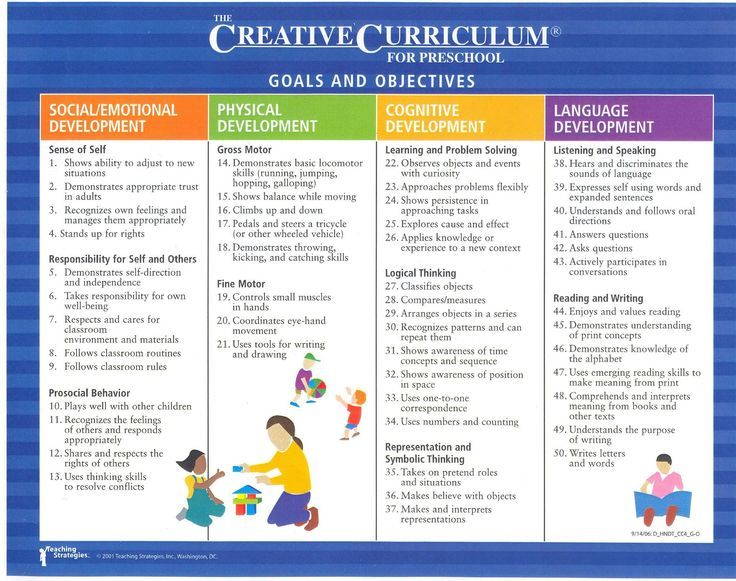
“Our boarding school for special children is three times full. Accordingly, all these guys are now in schools. Since correctional work with children is of high relevance, the need for qualified employees is also increasing. In crisis situations, work with special children should become an ongoing process that will be carried out from preschool age" , - explained Bogomolova .
The significance of cooperation with Sevastopol State University was noted by Doctor of Psychology, Professor, Academician of the Russian Academy of Education of the Russian State Pedagogical University. A. I. Herzen Irina Baeva.
“Together we need to solve a very important task: to create conditions for prosocial behavior to be the leading one in our children and adolescents,” she clarified.
Reports in the sections of the conference were made not only by specialists from the regions, but also by students and graduates of SevSU. nine0003
“My report is essentially a report on the work done in the Horizon sports and recreation camp in the University Shifts project, where work was carried out with children from the Donetsk and Luhansk People's Republics, as well as Kherson and Zaporozhye regions.